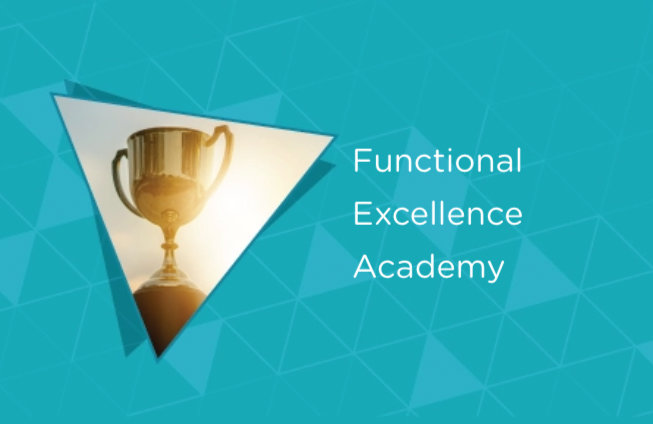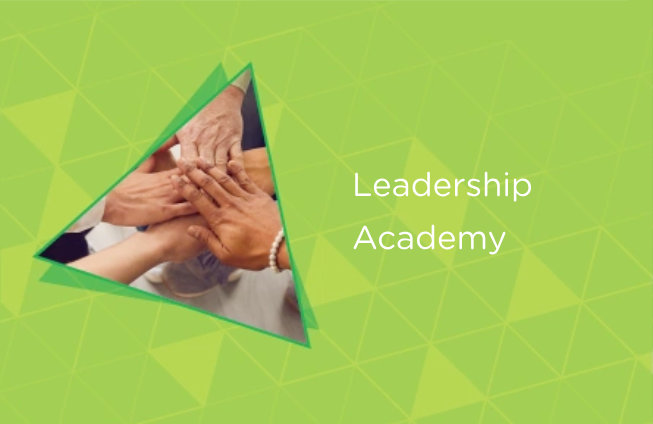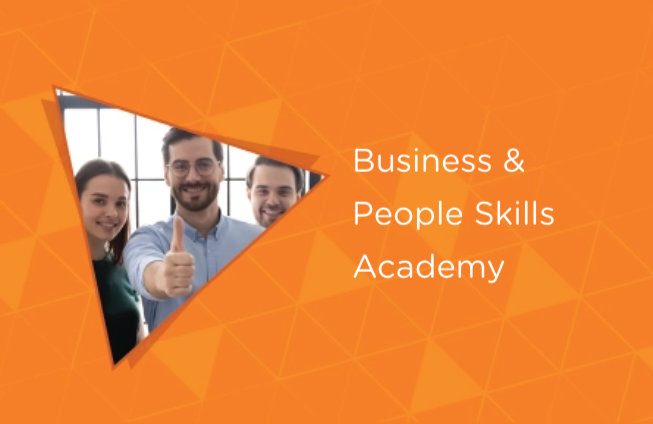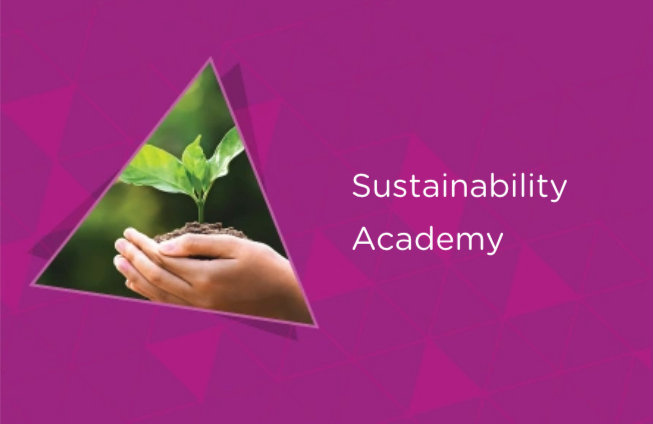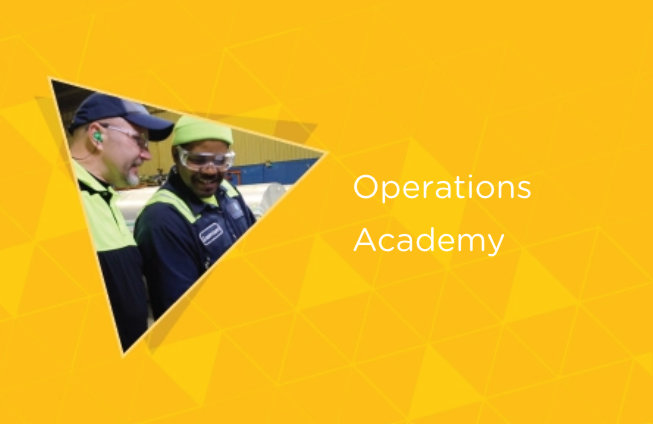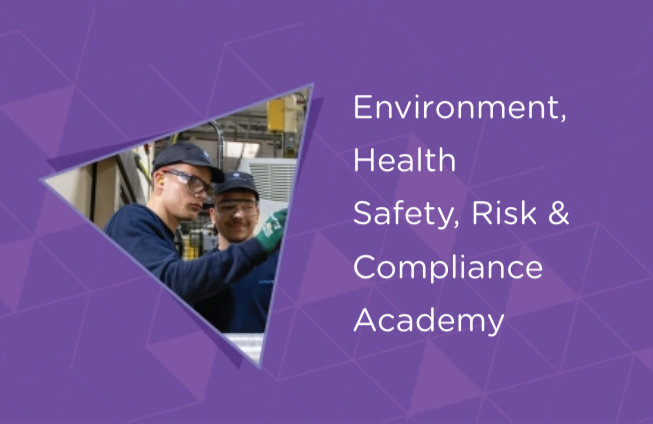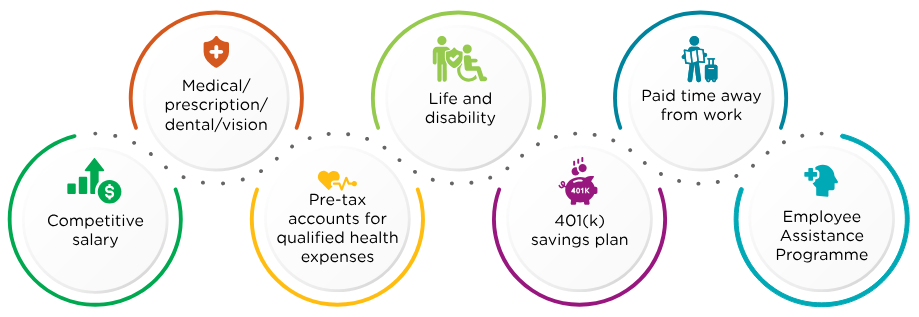- Branding and attraction
- Career marketing
- Assessment and selection
- Recruitment and hire
Our social strategy
The Social pillar of our sustainability strategy embodies our commitment to build a safe, diverse, equal and inclusive workforce focused on customer satisfaction and improving the communities we do business in.
We have continued our focus on developing our social pillar by focusing on our vision and mission for activities in this area. The social pillar of our sustainability strategy recognises the pivotal role of our people and communities in driving long-term sustainable transformation. Our vision is to shape a sustainable future as part of the circular economy while actively supporting and investing in the future of our people and communities. Our mission is to make packaging for good, which is supported by our employee engagement and positively impacting the communities we serve. We contribute to a better world through targeted investments in our people, educational initiatives, recycling and circularity.
In 2020, we refreshed our social sustainability strategy, placing more emphasis on recognising the pivotal role our people and communities play in driving long-term sustainable change. Click on community action to find out more.
Human rights
We are committed to:
- Upholding labour standards: adhering to applicable labour laws and regulations in all the countries in which we operate, including taking a zero-tolerance approach for the worst forms of child labour, forced labour, or any other form of human exploitation in our business or supply chain, and ensuring that individuals are paid fair wages.
- Supporting freedom of association: working to promote freedom of association and recognition of the right to collective bargaining.
- Providing a safe working environment: understanding that safety at work is a human right and ensuring that we operate safe and healthy workplaces.
- Reducing environmental impacts: recognising that human rights extend to the right to a safe environment, we are committed to sustainable practices that reduce our ecological impact.
- Preventing discrimination: working to combat and uphold our commitment to zero-tolerance of any forms of discrimination or harassment in our business or supply chain.
- Respecting civil and political rights: respecting all individual rights including the right to freedom of opinion.
To support this commitment, we have implemented a risk management system, which includes a broad range of due diligence and risk management measures. Specifically, within our business, we have implemented policies, procedures and processes to address human rights and environmental-related risks. As part of our approach, we regularly review and assess the effectiveness of these measures. We have established our Speak Up Hotline to allow for the reporting of concerns and encourage anyone who has such concerns to make a report. Further details of our Speak Up Hotline can be found on our Code of Conduct page.
Responsible sourcing
We promote social responsibility throughout our supply chain and expect our suppliers to share in our commitment to social and ethical rights and to doing business in the right way. We expect all our business partners to adhere to the principles and values set out in our Code of Conduct and comply with our Responsible Procurement Policy. That policy sets out our expectations for suppliers, which are based on the Ethical Trading Initiative (ETI) Base Code principles. We have implemented a robust risk assessment process, which allows us to identify and address social and ethical risks within our supply chain. This process takes a risk-based approach, focusing on higher risk suppliers, based on spend and the supplier’s location and industry. Where we identify any specific risks or violations, we work with our suppliers to implement appropriate preventative measures or take remedial actions as required.
Further information on how we promote social responsibility throughout our supply chain, including in relation to human rights, can be found in our Responsible Procurement Policy, our Human Rights Policy Statement, and our Modern Slavery Statement.
Watch a short video introducing our Responsible Procurement Policy here.
Employee lifecycle
SAP Success Factors supports our employee lifecycle practices and provides employees with access to digital learning resources that are also accessible via mobile device.
Across our regions, we also engage in ongoing conversations with employee representatives, including Unions and Works Councils to ensure that all voices are heard and respected across the organisation.
- Onboarding
- Induction
- Feedback
- Objective setting and review
- Performance review
- Total rewards (Base salary, Benefits, Bonus, and Incentives)
- Employee absence support
- Appreciation and recognition
- Development plan
- Skills development (Functional Excellence, coaching and mentoring)
- Leadership development
- High potential development
- Career pathing
- Talent review
- Succession planning
- Mobility
- Retirement
- Exit interviews
- Knowledge transfer
- Alumni
- Termination
We nurture our employees to grow and be successful in their careers. Our Learning Academies include topics such as: Leadership, Business and People skills, Functional Excellence, Sustainability, Operations and Environmental Health Safety Risk & Compliance.
We offer all employees access to a language development programme and a digital library of soft skills development content. In addition, we also offer more targeted technical and role-based training such as project management, lean six sigma, sales and negotiation training, as well as on-the-job training models and early careers programmes (apprenticeships and graduate programmes).
We support our leaders through leadership development programmes, digital/workshop learning activities, assessment and coaching/mentoring opportunities with a focus on targeted training topics such as unconscious bias, respectful workplace training, supervisor training, emotional intelligence and leading difficult conversations.
Managing competency and skills in our teams is important to us. We have created a skills assessment tool to help identify skills gaps to support employees on the development of their technical knowledge and skills. Each year, our personal development review process supports quality conversations between employees and their managers on how employees and the business can work together to meet development and career objectives.
Our targeted annual individual Personal Development Review (PDR) process supports quality conversations between employees and their managers on how the individual and the business can work together to meet development and career objectives aligned to our business needs and aspirations.
Remuneration
Reward principles at Ardagh Group help us in attracting and retaining talented employees who are motivated to develop and grow their careers with us. Our total rewards strategy is to provide competitive compensation packages and we regularly review our salaries in the markets where we operate to ensure we stay competitive. We are dedicated to fostering a culture where equal pay is a fundamental value, and we strive to reflect this in all our systems and processes.
We offer comprehensive incentive and benefit programmes tailored to each employee’s position, location and business level to ensure we offer a compelling employment package to all employees. Reflecting our Core Values of Inclusion, Trust, Teamwork and Excellence, our variable remuneration incentive programmes are designed to motivate employees to achieve key performance indicators that are directly aligned to their role, such as productivity, efficiency, quality and financial performance.
The health and wellbeing of our employees is very important at Ardagh Group. Non-compensation benefits, which may include pension and retirement support, or health and wellbeing provision, are available to all employees. Our benefits encompass several key pillars*, designed to cater for the individual needs of our employees:
| Cash renumeration | Working time, leave and holidays | Retirement planning | Health and wellbeing |
|---|---|---|---|
| Base salary | Generous core holiday entitlement | Pension and retirement funds | Medical cover and/or on-site healthcare |
| Bonuses and incentives | Additional service holidays to reward loyalty and commitment | Provision for ill-health or death | On-site gym facilities, funding for wellbeing memberships or activities |
| Allowances and cash benefits | Enhanced family leave | Employee Assistance Programmes | |
| A hybrid working approach for those who can work remotely | Life insurance cover |
Gender pay gap reports
Community action
We are dedicated to two main areas of action to engage with and contribute to our local communities:




